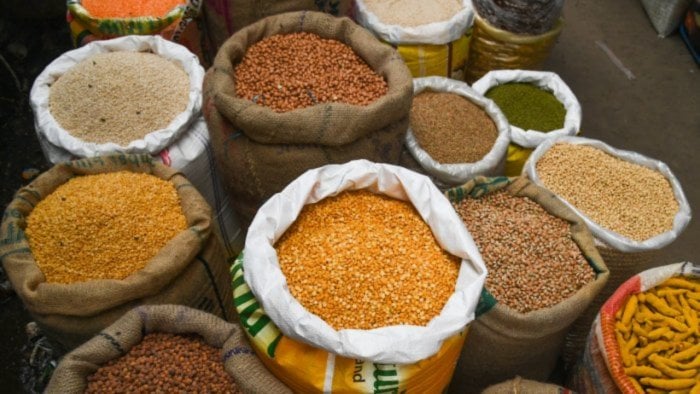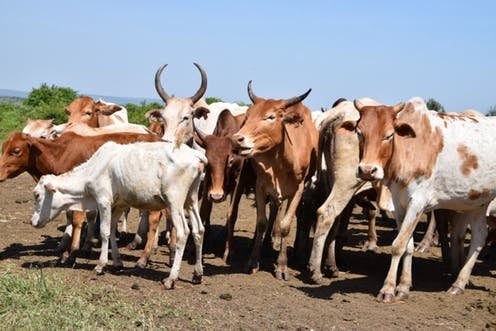The Russian government, on Monday, halted its participation in a deal that allowed the export of Ukrainian grain through the Black Sea despite a wartime blockade.
The deal, known as the Black Sea Grain Initiative, was brokered by the United Nations and Turkey.
The initiative was set up in July 2022 to abate a global food crisis after Russia invaded Ukraine, a neighboring country and fellow key grain exporter. Since then, it has been repeatedly extended.
The deal provided assurances that ships will not be attacked while entering and leaving Ukrainian ports.
Advertisement
The Black Sea deal was vital to keeping food flowing from Ukraine to the wider world especially countries in Africa, the Middle East and Asia.
Speaking with journalists, Dmitry Peskov, spokesperson of Russian President Vladimir Putin, said the agreement had “essentially stopped” and Russia would no longer cooperate with the deal.
“The Black Sea agreements ceased to be valid today. As the President of the Russian Federation said earlier, the deadline is July 17. Unfortunately, the part relating to Russia in this Black Sea agreement has not been implemented so far. Therefore, its effect is terminated,” Peskov said.
Advertisement
Peskov said the deal would be suspended until the implementation of Moscow’s conditions which includes lifting sanctions imposed against its agricultural bank and resuming exports of Russian grain and fertiliser.
“When the part of the Black Sea deal related to Russia is implemented, Russia will immediately return to the implementation of the deal,” he said.
In 2021, Nigeria imported 51 percent of its wheat from Russia, Lithuania, Latvia, and other Baltic countries.
Wheat from Russia, Ukraine, and other Black Sea countries remains the cheapest option for many milling companies in Nigeria.
Advertisement
When shipments began under the Black Sea deal, global food prices fell by nearly 9 percent, according to the Food and Agricultural Organisation (FAO) food price index.
Add a comment






